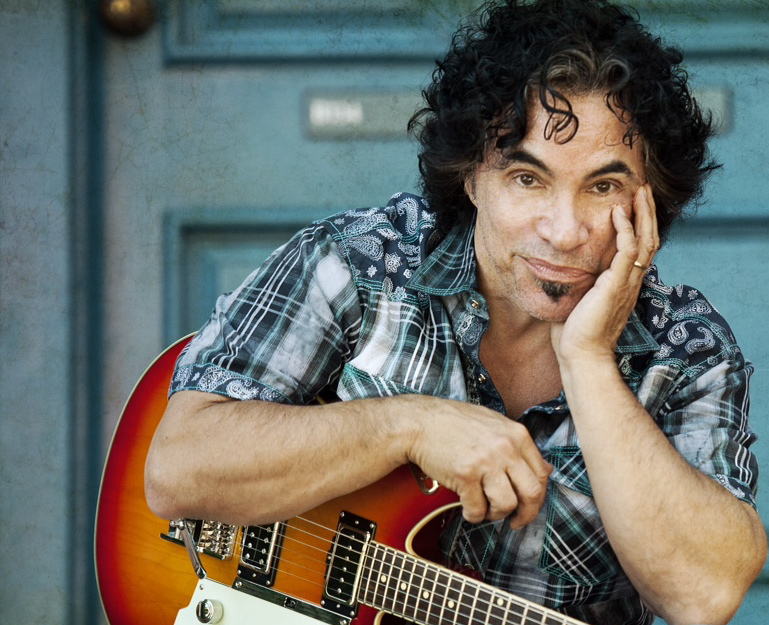Videos by American Songwriter
Deborah: I was pleased that they asked me to join, because I stood back and watched them. I’ve always been the shyest one of everybody, but I felt like this was my time to shine and show what I could do, too.
Does it help the feeling of ownership that all four of your voices are represented not only in the singing but the songwriting?
Deborah: I didn’t call it writing songs, but I always did write poems. A couple of things I wrote down before I had my stroke in May. It’s been a year this month. …The day I came home from the hospital, Regina and Ann were at the house helping me. I pulled out some of my poems and they said, “This is a song!” Ann starts singing, Regina starts putting a beat to it. Before long, all three of them was contributing to one of my poems. Ended up in a song.
Were the songs on All the Way written after you made Our Journey?
Regina: “You Can Make It,” I wrote that it’ll be twelve years ago in June. That song came from my son being murdered and me not thinking I was gonna make it. I had one particular night where it was on me so heavy that I had just, you know, I had fixed it up in my head I didn’t wanna breathe no more. I thought about getting in my car, getting behind the wheel, getting on the interstate, driving really, really fast, getting in front of an 18 wheeler and putting on breaks and checkin’ out. I had my keys in my hand and my phone rung. It was this guy named Reverend Chris Pool. He and I had done a play together. He called me and was like, “What are you doing?” I just broke. I started cryin’. I said, “I don’t think I’m gonna make it through tonight.” And he started praying with me. …He stayed on the phone with me until the sun came up. Between that time, he and I began to sing. So we came up with the very first verse of that song.
It sounds to me like you’ve clearly established the McCrary Sisters sound on this album. A lot of the roots audiences that have gotten to hear you may be less familiar with contemporary urban gospel music, which is definitely in the mix here. Was that something you were thinking about, that you were bringing together the different musical worlds you inhabit?
Ann: I’ve always not wanted to be restricted to one style of music, because I love music. I love all kinds of music, and I sing all kinds of music. And when you’re going to perform, and you perform the same songs over and over again, you need to like the songs. …The songs that I wrote, I like them. But they also come from a part of life.
Like “Train.” When Deborah had her stroke, [our publicist] Karen got together with people and they created a benefit show for her so that she could go through rehab. That’s what I was thinking about when I wrote that song, you know. I thought about all those people that came and gave freely. They were so happy to do that. That’s where that song came from. I just pictured us being on the train, on our way to the Gloryland, full of love and peace.
With the song’s four-on-the-floor groove, it’s almost like funky disco.
Ann: I know it!
And the punchy, staccato phrasing of that first track, “Come On,” is a sound I identify with contemporary gospel. I know you’ve sung with stars of that world, like Donnie McClurkin, Yolanda Adams and The Winans.
Ann: Right. Exactly.
With the song, “All the Way,” I thought about us, I thought about family members that have gone through struggles. I wanted to encourage them. You know, I’ve watched them fall down and make mistakes. And then I watched them get back up. …Put one foot in front of the other, that’s all you have to do, and you can make it all the way.














Leave a Reply
Only members can comment. Become a member. Already a member? Log in.